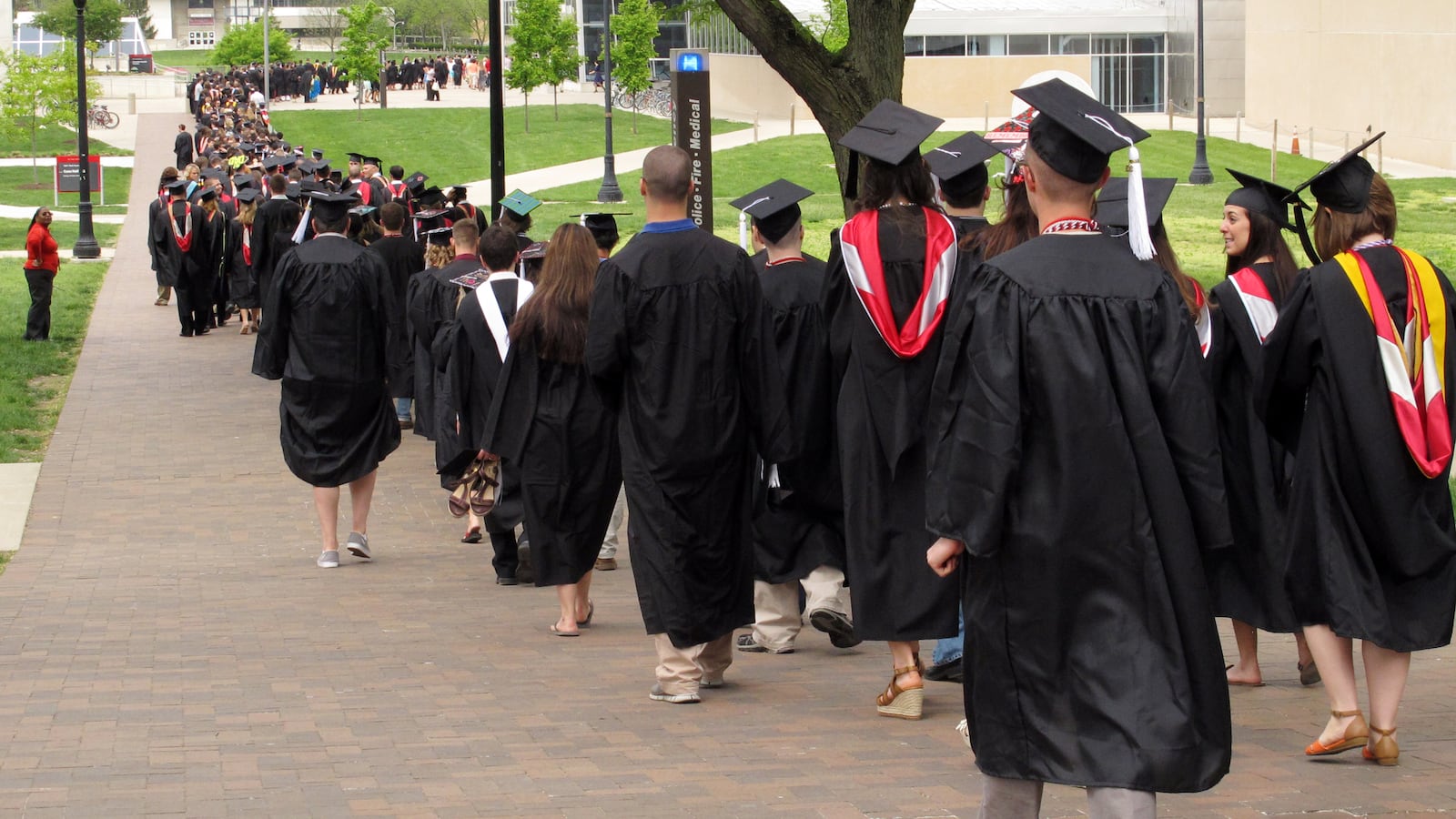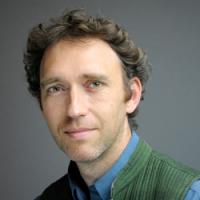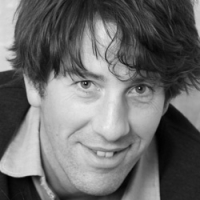Roman Krznaric
I have a slight allergy to all those self-help books that offer tips and tricks for graduates on how to write the perfect résumé or shine in job interviews. What really matters, I believe, is delving into books that help you think hard about your values and talents, and how your career might fit into your wider philosophy of life.

Hotel clerks, stockbrokers, and every other kind of worker you can think of speak about their experiences of work in their own voices, as recorded by Chicago oral historian Studs Terkel in the 1970s. This superb book contains universal insights about how people choose—and do not choose—their careers.
Working Identity: Unconventional Strategies for Reinventing Your CareerBy Herminia Ibarra
A professor of organizational behavior outlines principles for career reinvention and redefining our “working identity,” busting several myths about career change in the process. Unlike so many other career advice guides, this one is actually based on solid empirical research and countless case studies.
Affluenza: How to Be Successful and Stay SaneBy Oliver James

Psychologist Oliver James tells us that we are suffering from a virus called “affluenza,” which makes us place excessively high value on acquiring money and possessions, and wanting to look good in the eyes of others. The result is not only unhappiness but anxiety and emotional distress. Will help you think about whether it is money or meaning that matters to you in your working life.
An Intimate History of HumanityBy Theodore Zeldin
A history of human relationships from the earliest times and crossing all cultures. This remarkable book provides unusual insights into the history of work, how we are shaped by the past, and where work—and life more generally—might take us in the future.
What Should I Do with My Life?By Po Bronson

Real-life stories about everyday people that show the complexities, difficulties, and fears involved in changing direction in your work and life. An unusual self-help book whose greatest virtue is providing no easy answers.
John-Paul Flintoff
Researching my book How to Change the World, I came back again and again to the idea that something usually needs to change in ourselves first. And I came to see that the biggest impact we can have in the world may be in our everyday interactions, so it’s worth trying to understand what drives us to behave the way we do, whether at work or in our free time.
How to Win Friends and Influence People By Dale Carnegie
A book that is easy to mock until you actually read it—the advice it contains is practical, upbeat, and relentless. Carnegie spent decades collecting anecdotal evidence to show people benefiting at work, and in their private lives, from maxims such as: “To be interesting, be interested,” or “Give the other person a fine reputation to live up to.” Granted, the title sounds manipulative, and so do those maxims when they’re taken out of context. But Carnegie repeatedly stresses that this is no “bag of tricks.” What he proposes is a whole new way of life.
Man’s Search for MeaningBy Viktor Frankl

Frankl, a psychiatrist, spent three years in Nazi concentration camps and became aware that inmates with a strong sense of purpose tended to survive longer than others. In effect, he noticed the usefulness of our own inner guide. Now, he’s not saying you need to find a meaning for your whole life (though that can be useful). What matters is having a purpose from one moment to the next. So keep asking: Why am I doing this? And if the answer doesn’t satisfy you, stop doing it and do something better instead.
Shop Class as SoulcraftBy Matthew Crawford
Matthew Crawford wrote his book (published outside the U.S. as The Case for Working With Your Hands) to “elaborate the potential for human flourishing in the manual trades.” He had a terrific, expensive education, and landed a job running a think tank, where he produced policy papers. In his spare time, he tinkered with his motorbike, and gradually discovered that the manual work had a challenging, measurable outcome that the desk work lacked, and was also more intellectually challenging. (Yup, that’s his word.) He’s not advocating mindless production work, mind you, but craftsmanship. A bonus is that working with your hands protects you from having your job outsourced overseas. If your plumbing is out of order in Chicago, it’s not much use calling a plumber in Beijing.
Impro: Improvisation and the Theatre By Keith Johnstone

Johnstone was a schoolteacher before he worked in theater, in the 1950s, and his experiments with improvisation, though they were originally targeted at actors, possess revolutionary insights for anybody interested in interpersonal dynamics. Read the first page and you won’t want to stop learning from his experiments on the physical and verbal signs we use to indicate status, our capacity to be spontaneous and creative (or not), and the delightful fun to be had from improvising as a way to understand ourselves better. When I found out Johnstone was still alive and teaching, I joined the yearlong waiting list to train with him. And when I’d been trained myself, I started teaching others.
The Politics of Nonviolent ActionBy Gene Sharp
OK, the title is daunting, and the sheer size too for that matter. But this amazing work contains examples of 198 different ways to effect change, from around the world and throughout human history. Broadly, there are three types: raising awareness of an issue (from writing to a newspaper to holding mock funerals), putting an end to something you dislike (from boycott to removing street signs), and creating a better alternative to what’s currently available (the possibilities are endless).






